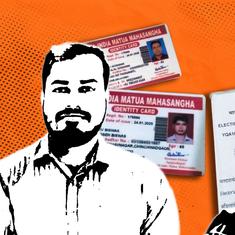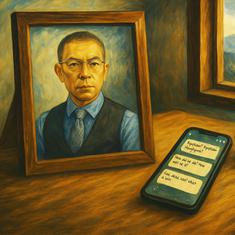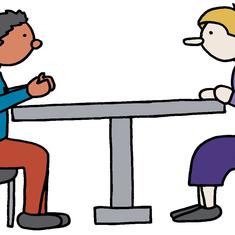There’s little over a month to go for Maria Sharapova’s return to the WTA Tour at the end of her 15-month doping ban for wrongful use of Meldonium. And reactions – positive as well as negative – have started to pour in from fellow members of the professional tennis fraternity, about her impending comeback, including her receiving successive wild cards.
While the former World No 1 hasn’t been impervious to all that is being said about her, she is also equally understanding of her colleagues still being sceptical of her professionalism. In a recent interview with Vogue, the five-time former Grand Slam champion, went on to note, “I think if I was trying to hide something, I don’t think I would [have] come out to the world and said I was taking a drug for 10 years. If I was really trying to take the easy way out, that [would not have been] a very smart thing to do. But, absolutely [there is going to be suspicion].
Receptive or not, perceptions about her aren’t going to stop Sharapova from playing her heart out on the court. And, in spite of the interruption that she has had to face, there’s no deterring the 30-year-old’s tenacity, which has been an important cornerstone defining her career. “There’s no doubt that that resiliency that I built from scratch, [has helped me],” she said, though she also pointed out the seldom-seen side to this personality trait of hers. “But it doesn’t mean [I am] not vulnerable.”
Unhesitating as she then is to shroud her vulnerability from the world, even while she gave the press conference that totally changed the face of tennis, Sharapova has no reluctance in accepting that she is waiting eagerly to prove herself on the court, and start all over again. “I have expectations [from] myself because I know what I’m capable of. Will I have those [high] standards? Of course. I [will] have to be patient. [But] it’s not my greatest strength.”
These personal attributes aside, from the broader perspective though, the aspect of her receiving wild cards remains an ambiguous territory. According to the existing Women’s Tennis Association guidelines, Sharapova, a Major champion and also a former title-holder at the year-ending WTA finals, has no restrictions on receiving wild cards from tournaments, upon request.
However, following the fracas surrounding her being awarded wild cards in three WTA tournaments, Stuttgart, Madrid and Rome, the WTA is aiming to bring about a change to the currently followed system. According to Steve Simon, the WTA Chief Executive Officer, “Every rule gets looked at and reviewed, and I’m sure this may be one of them. If the members wish us [the WTA] to look at the rule, we will, that’s how our system works.”










